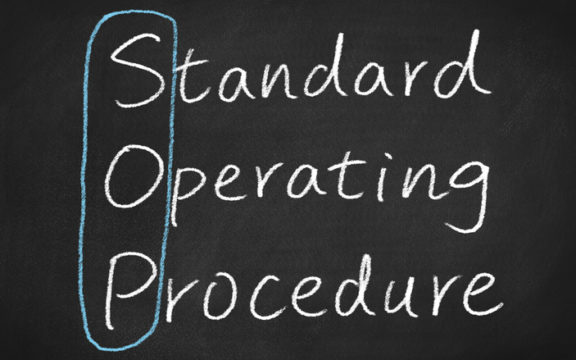Accounting in any organisation is vital to ascertain profitability and growth. However, businesses that still use the manual bookkeeping method are opening themselves to a host of errors and financial headaches. An error, even a minor one, can take days of employee time, cost a significant amount of money to fix, and give a distorted view of the business’s financial health.
It is common to see startups try to handle accounting in-house. This is largely owing to an inability to find an accountant that fits their limited budget. But startups and small businesses, many of whom are new, are especially vulnerable to the consequences of mistakes. Let us look at several accounting mistakes your business should avoid.
1. Not Being Organised
Organisational skills are key to proper accounting, which relies on meticulous recording and tracking of every transaction, calculation of taxes, and more. If you are not organised, you may miss important transaction details. By the time you catch the error, you could already be in tax trouble or be recording losses.
To avoid these problems, you have to stay organized in handling your business’s accounting responsibilities.
2. No Backup of Data
Many businesses make the mistake of relying on a single device (computer or server) or paper ledger to store all their business’s financial records. They may get lucky for years, but if the device or journal is ever misplaced, damaged or even stolen, the information will be lost forever.
Fortunately, many online accounting software solutions come with automated backup options. The software keeps an extra copy of your business information on servers called the cloud accounting system. Not only can the backup be retrieved whenever you want, but it is virtually inaccessible to unauthorised persons and much less susceptible to damage and theft.
3. Unable to Reconcile Accounts
While recording your business’s financial details in a journal, you want to be sure that your entries match your bank statements. This is known as reconciliation. Unfortunately, many business accountants omit this important step. When an error or gap appears between the bank account balance and the record books, they are unable to prevent the situation from worsening as one error leads to another.
A periodic reconciliation can help you detect disparities in your balance as well as any fraudulent transactions.
4. Not Taking Bookkeeping Seriously
Too many small businesses do not take bookkeeping seriously. The essential purpose of accounting is to ensure that every transaction is recorded and properly organised to keep the business running smoothly. No matter the size of your business, if you do not give bookkeeping the time and attention it deserves, you will have no way to figure out how well your business is doing.
To keep your business safe and get the most accurate picture of your assets and liabilities, put in place a modern, efficient bookkeeping system and make sure all your employees are educated in it so they can take it seriously.
5. Managing All Your Accounting by Yourself
As we mentioned, startups are especially tempted to handle all accounting tasks internally. This is an understandable decision, as startups often lack the revenue to hire an accountant.
Taking care of your business’s accounting is a great way to save, but it creates room for errors, which may cost you the same money you are trying to save. Founders and employees of startups are skilled at many things, but they will often find themselves the fine details that a trained accountant would spot from a mile away. In the long run, hiring an accountant is an investment that your business will not regret.
6. Not Recording Small Transactions
For a small business, many daily transactions are small enough that they may not seem worth recording in a journal. But this kind of thinking can quickly lead to trouble. A quick run for office supplies or the postage to send a thank-you gift to a client, though small, are just as vital to record as payroll or significant purchases.
If your business is audited, you will be required to submit all the records of your business expenditures to the relevant authority, from the small to the large. Any missing detail can raise serious issues.
In a Nutshell
Handling your small business’s accounting in-house may seem like an excellent cost-saving technique, but it can lead to severe issues. Stay organised, ensure your data are safely backed up, record every transaction, and most importantly, hire an expert to make sure your bookkeeping process is well managed. Implementing cloud accounting software is a great first step towards avoiding the mistakes we mentioned and accelerating your productivity and revenue. For more information, feel free to get in touch with us.
















































































































































